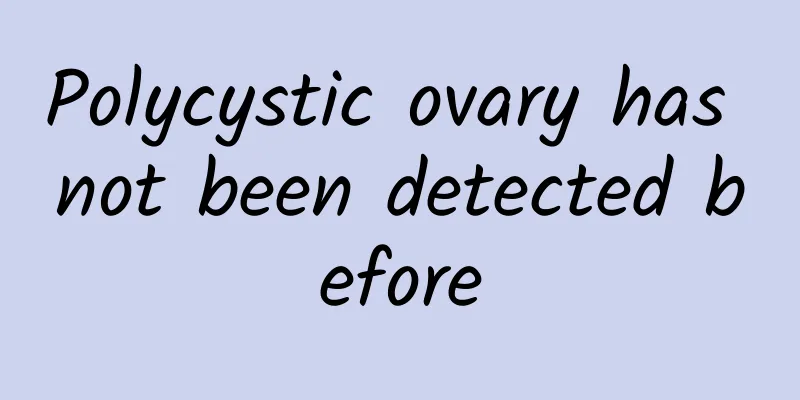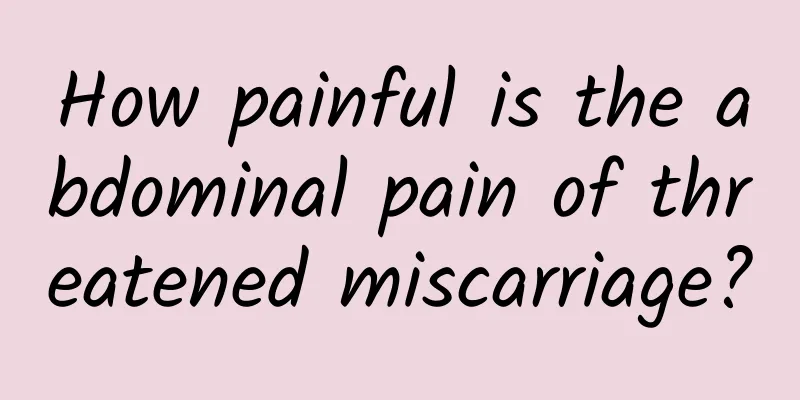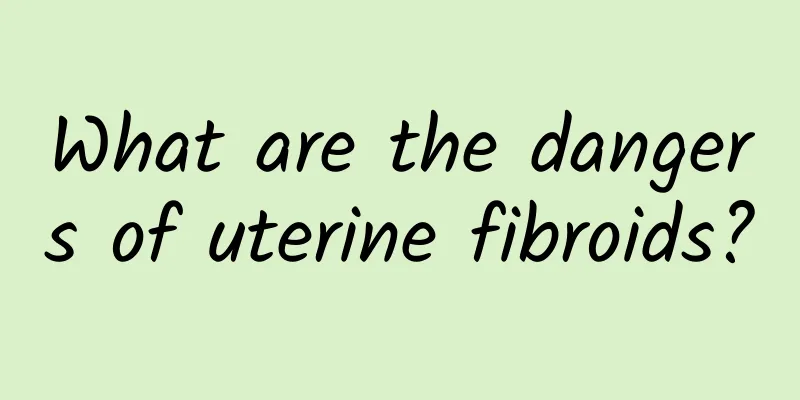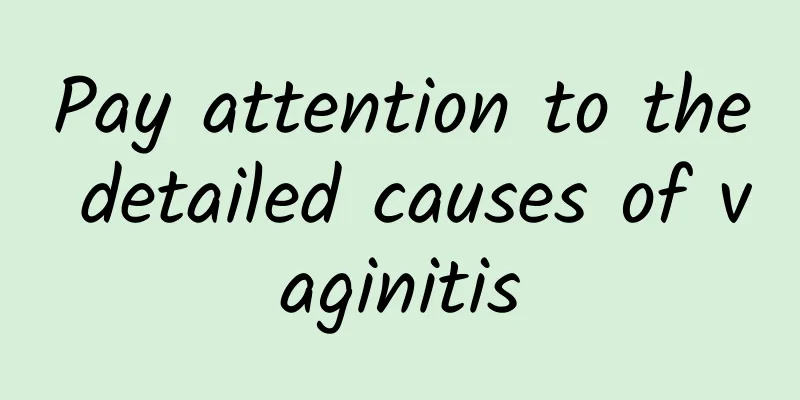What to do if endometritis causes irregular menstruation
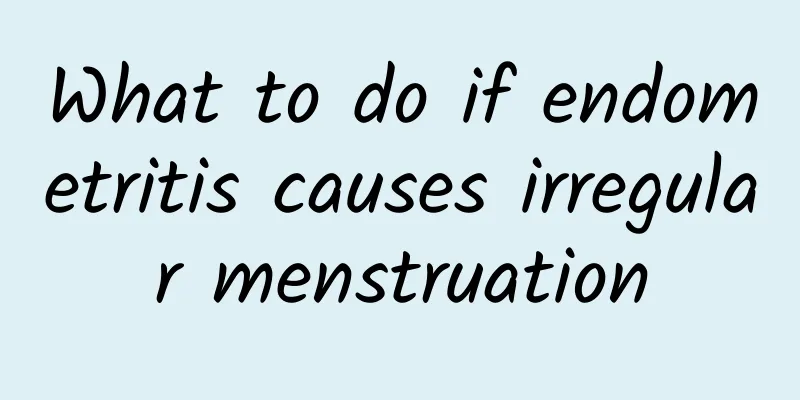
|
Endometritis may cause menstrual irregularities, so you need to seek medical attention in time and receive comprehensive treatment through medication, surgery, and lifestyle adjustments. Specific treatment options include anti-infection treatment, lesion removal, and endocrine regulation. 1 Causes of menstrual irregularities caused by endometritis Endometritis is an inflammation of the endometrium caused by infection. Common routes of infection include ascending infection, infection after miscarriage or delivery, and improper surgical operation. Inflammation may damage the normal function of the endometrium, interfere with hormone levels, and cause menstrual disorders. Mild cases may manifest as increased menstrual flow and prolonged menstrual cycles, while severe cases may cause irregular menstruation, excessive or insufficient menstruation, or even amenorrhea. 2 Treatment options for menstrual irregularities caused by endometritis 1. Anti-infection treatment Broad-spectrum antibiotics are the most commonly used treatment for inflammatory infections. Doctors may choose antibacterial drugs such as cephalosporins, quinolones, or metronidazole based on the patient's specific cause. Treatment should be based on a course of treatment to avoid relapses caused by self-discontinuation of medication. 2. Surgery to remove the lesion If endometritis is ineffective with drug treatment or recurs, such as with endometrial polyps or abscesses, surgical treatment may be considered. Common methods include hysteroscopic removal of diseased tissue, curettage or drainage, which can effectively remove local lesions. 3. Regulate endocrine and restore menstrual cycle For patients with irregular menstruation, they can take short-acting contraceptive pills under the guidance of a doctor to regulate hormone levels and help restore normal menstrual cycles. Using traditional Chinese medicine such as Xiaoyao Pills and Guizhi Fuling Pills to improve the intrauterine environment is also a common auxiliary method for some patients. 3Health management in line with lifestyle 1. Improve your diet, for example, eat more iron-rich foods such as lean meat, spinach, etc., to alleviate anemia caused by excessive menstruation. 2. Maintain menstrual hygiene, avoid cold and fatigue, and reduce the risk of infection. It is recommended to avoid multiple artificial abortions to reduce the risk of endometrial damage. Timely treatment of endometritis is crucial to the restoration of menstruation. It is recommended to seek medical attention as soon as possible, receive medication or surgical treatment under the guidance of a professional doctor, maintain a healthy lifestyle, and follow up regularly to ensure that the condition is well controlled. |
<<: What to eat to relieve pain for dysmenorrhea
>>: How long does it take to get pregnant with an incomplete hydatidiform mole?
Recommend
What medicine is effective for pelvic effusion?
Pelvic effusion is one of the common gynecologica...
Obesity is related to enzyme deficiency! Japanese health expert: Which enzyme do you lack based on the four body types?
Are you often dissatisfied with your body shape? ...
What to do if adenomyosis is mild
What should I do if adenomyosis is mild? 1. Uteri...
Two methods of TCM treatment for irregular menstruation
What are the methods of traditional Chinese medic...
What are the symptoms of cervical erosion?
What are the symptoms of first-degree cervical er...
Postoperative medication for cervical precancerous lesions
Cervical precancerous lesions are a relatively co...
Can I eat fruit after a miscarriage?
Spontaneous abortion refers to non-artificial abo...
Amazing zombie gymnastics! Just one move, no more shoulder and neck pain
No time to exercise? It hurts here and there, and...
What are the clinical manifestations of pelvic inflammatory disease?
What are the clinical manifestations of pelvic in...
What is the underlying cause of dysmenorrhea?
The root cause of dysmenorrhea is usually related...
Guava is number one in fighting free radicals! 4 major advantages are super powerful! Guava is the "king of vitamin C", helping to keep away the threat of disease
Have you taken vitamin C today? Among many fruits...
Get rid of your swimming ring, press the Daimai acupoint to slim your thighs, press the Fengshi acupoint
In winter, people who love to eat hot pot easily ...
How to diagnose vulvar leukoplakia?
Vulvar leukoplakia refers to localized or diffuse...
What prenatal tests are needed to prepare for pregnancy after missed abortion?
After a missed miscarriage, planning another preg...
Eat rice to supplement anthocyanins~ If you choose the wrong black rice or purple rice, be careful about your blood sugar getting out of control!
Anthocyanin diet is becoming popular, but are we ...

